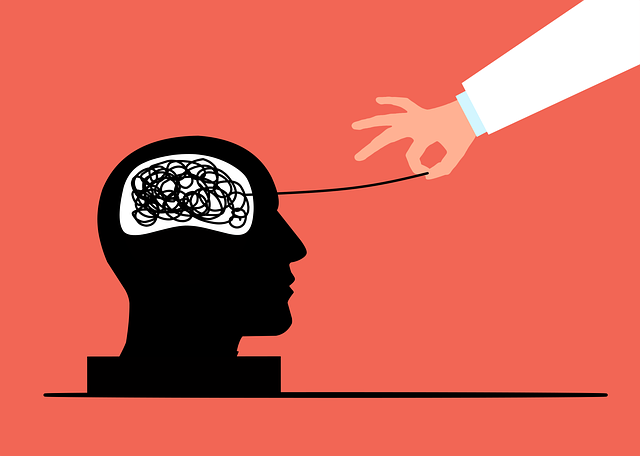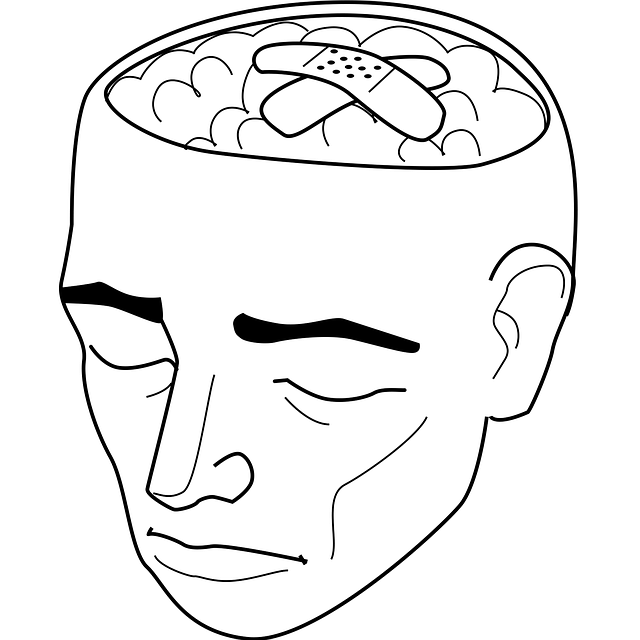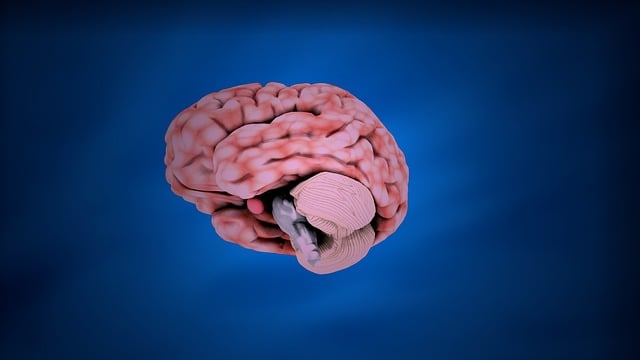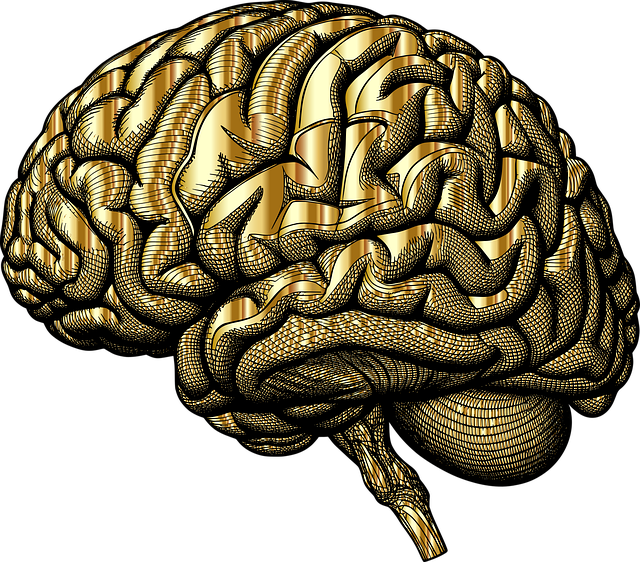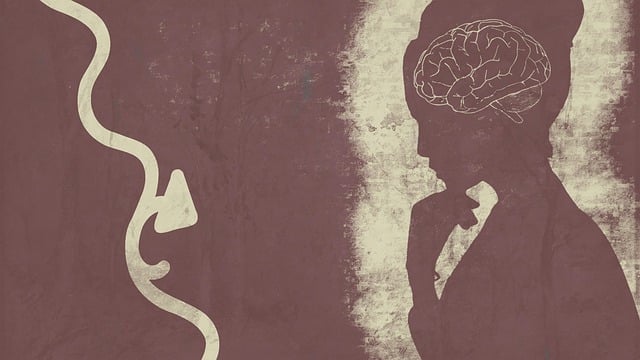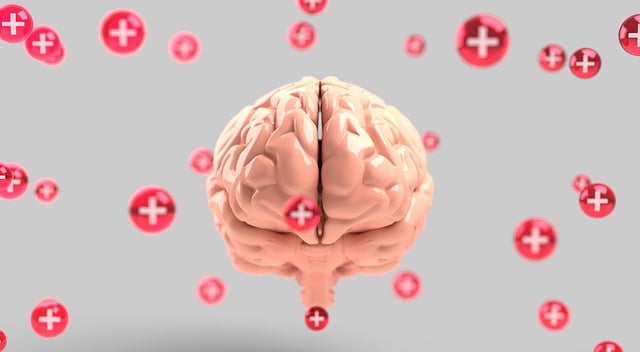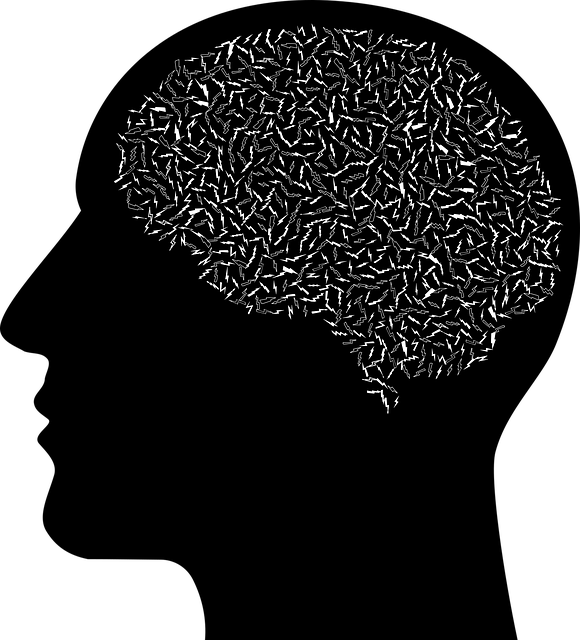Children's mental health is a specialized field focusing on young minds' resilience and vulnerability to challenges like anxiety, depression, and behavioral disorders. Early intervention through therapy addresses relationship problems, teaching healthy coping strategies. A comprehensive approach integrating stress reduction and play therapy into school programs empowers kids to manage stress, boost self-esteem, and build resilience. Recognizing and intervening in relationship issues early on is vital; tailored therapies like CBT, play therapy, and art therapy enhance mental wellness and emotional development. Effective communication and burnout prevention strategies for healthcare providers are crucial for early detection and support of children's emotional well-being.
Mental wellness promotion among children is a critical yet often overlooked aspect of overall health. This article delves into essential elements of childhood mental health and well-being, highlighting the significance of recognizing relationship issues early on. We explore the pivotal role therapy plays in addressing these challenges, focusing on effective approaches for children facing relationship problems. Additionally, we provide practical strategies to foster mental wellness in young minds, emphasizing the importance of therapeutic interventions tailored to their unique needs.
- Understanding Children's Mental Health and Well-being
- Recognizing Relationship Issues in Childhood
- The Role of Therapy in Addressing Children's Mental Health
- Effective Therapy Approaches for Children with Relationship Problems
- Strategies for Promoting Mental Wellness in Young Minds
Understanding Children's Mental Health and Well-being

Children’s mental health and well-being is a critical aspect that often requires specialized attention. Young minds are remarkably resilient but equally susceptible to various challenges, from peer pressure and academic demands to trauma or familial conflicts. Issues such as anxiety, depression, and behavioral disorders can emerge at an early age, shaping their overall development and future relationships. Recognizing these challenges and providing timely support is paramount. Therapy for children plays a pivotal role in addressing relationship issues, emotional turmoil, and behavioral problems, helping them develop healthy coping mechanisms and enhancing their ability to navigate life’s complexities.
Promoting mental wellness among children involves a multi-faceted approach. Stress reduction methods, including mindfulness practices and play therapy, can be integrated into school curricula or community outreach programs. These initiatives aim to equip young individuals with tools to manage stress, foster positive self-esteem, and build resilience. Community outreach program implementation, targeted at early identification and intervention, can significantly impact mental health outcomes. By educating parents, caregivers, and educators on the signs of distress and available support systems, we can create a supportive environment that nurtures children’s mental wellness and prepares them for a brighter future.
Recognizing Relationship Issues in Childhood

Recognizing relationship issues early on in childhood is a pivotal step in promoting mental wellness. Children often struggle to express their feelings and emotions, making it crucial for caregivers and healthcare providers to be vigilant. Signs such as persistent sadness, irritability, withdrawal from social interactions, or sudden changes in behavior could indicate underlying relationship problems. These challenges might stem from difficulties within the family dynamic, including parental conflicts, neglect, or abuse. Early intervention through therapy for children with relationship issues can significantly impact their long-term mental health and overall well-being.
The design of mental health education programs should address these concerns by equipping both parents and healthcare providers with strategies to identify and navigate childhood relationship issues effectively. Additionally, cultural competency training for healthcare providers is essential, as it enables them to offer tailored support and guidance that considers the unique needs of diverse families. This holistic approach ensures children receive the necessary anxiety relief and foster a healthier environment for their emotional growth.
The Role of Therapy in Addressing Children's Mental Health

Children’s mental health is a critical aspect that requires early intervention and professional support. Therapy plays a pivotal role in addressing their emotional and psychological needs, especially when it comes to relationship issues. Many challenges children face today, such as peer pressure, academic stress, or family dynamics, can significantly impact their overall well-being.
Through therapy, children can develop essential skills for resilience building and inner strength development. Trained therapists help them understand and manage their emotions, improve communication, and enhance problem-solving abilities. This not only aids in navigating relationship issues but also enables better mood management, fostering a sense of security and self-awareness that will serve them throughout their lives.
Effective Therapy Approaches for Children with Relationship Problems

Children often face relationship challenges that can significantly impact their mental wellness. Effective therapy approaches tailored to their unique needs are crucial in addressing these issues. One promising method is cognitive-behavioral therapy (CBT), which helps children identify and change negative thought patterns and behaviors related to relationships. CBT encourages self-awareness exercises, teaching young minds to understand their emotions and reactions, thereby fostering healthier interactions with peers and adults.
Additionally, play therapy and art therapy are valuable tools for facilitating communication and expression in children. These therapeutic methods allow them to work through relationship problems symbolically through play or creative arts. By integrating mental wellness principles and promoting the development of a self-care routine, these therapies empower children to build resilience and strengthen their emotional well-being. Self-awareness exercises within these therapy types enable kids to express themselves, process difficult emotions, and develop coping strategies for better mental health.
Strategies for Promoting Mental Wellness in Young Minds

Promoting mental wellness in young minds requires a multifaceted approach that involves both support systems and structured practices. One key strategy is to integrate therapy for children early on, addressing any relationship issues they may face at home or school. This can help foster healthier emotional development and provide them with coping mechanisms from a tender age.
Effective communication strategies between parents, educators, and healthcare providers are essential. Encouraging open dialogue allows for the early detection of signs of distress. Additionally, Burnout Prevention Strategies for Healthcare Providers can be adapted to benefit young individuals, teaching them self-care practices that promote mental resilience. Regular breaks, stress management techniques, and adequate sleep are fundamental components of this process, ensuring children have the tools to navigate their emotional landscapes.
Mental wellness promotion among children is a multifaceted endeavor that requires understanding their unique mental health needs, recognizing relationship issues early on, and employing effective therapy approaches. As highlighted in this article, both therapeutic interventions and proactive strategies can significantly enhance children’s mental well-being. By addressing relationship problems through specialized therapy for children, we empower young minds to develop resilience and foster healthy connections. Ultimately, prioritizing mental wellness in childhood paves the way for healthier, happier adults.
